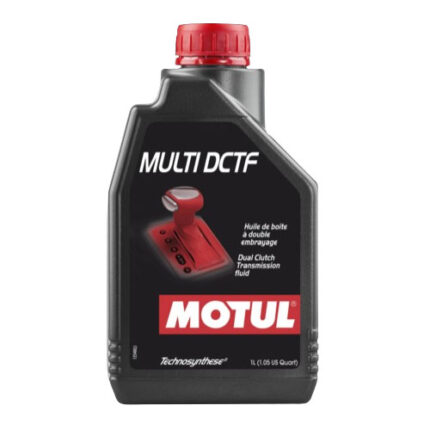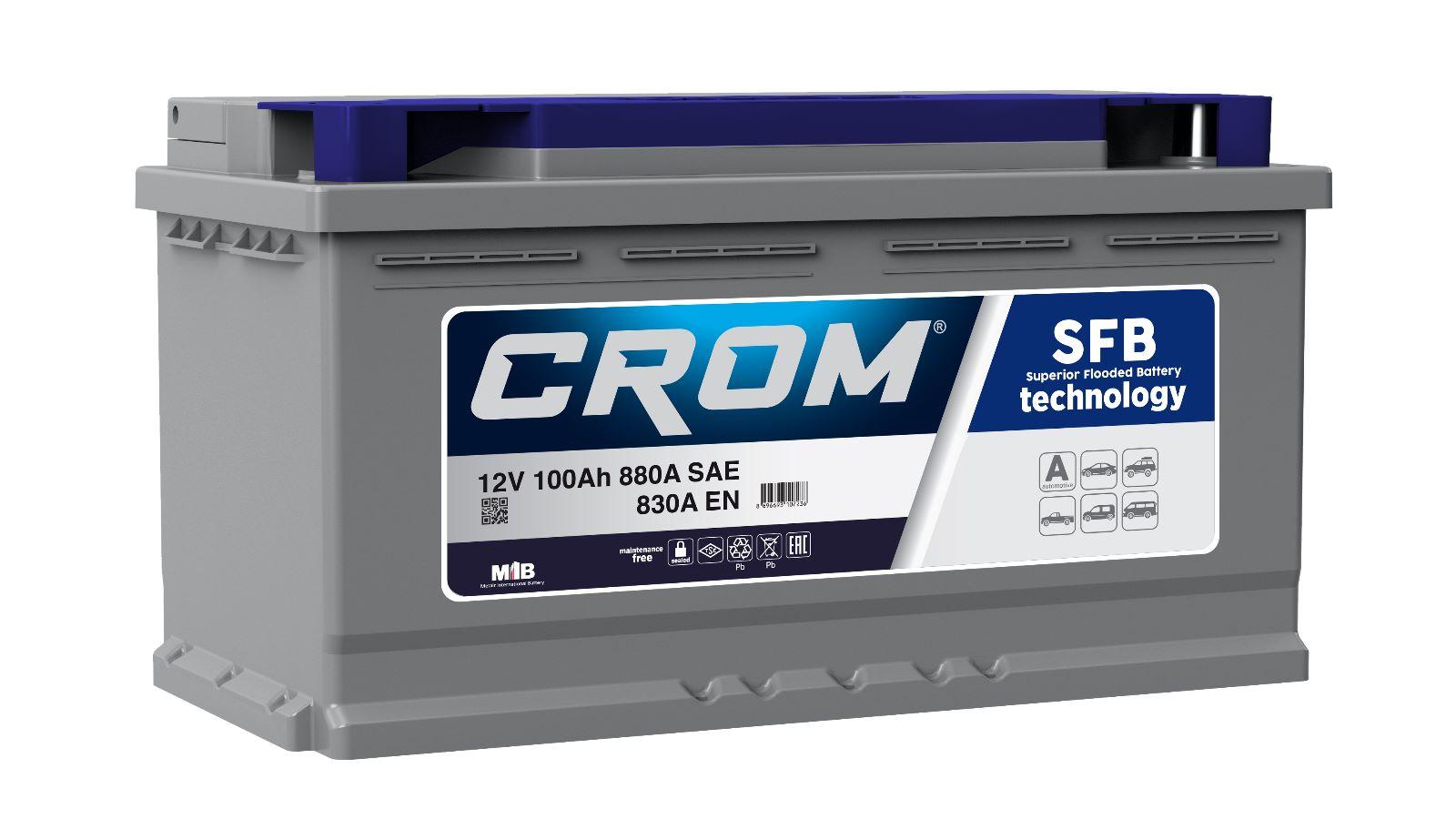-6%
DIN100 CROM 12V 100AH Car Battery price in Kenya
DIN 100 CROM 12V 100Ah Car Battery price in kenya is ksh 30,000.DIN 100 CROM 12V 100Ah
Car batteries, essential for powering the vehicle’s electrical systems and starting the engine, are integral components that can, over time, experience degradation and failure. Several factors contribute to the deterioration of a car battery, leading to its eventual demise. In this exploration, we delve into the multifaceted reasons why car batteries go bad and how various factors impact their performance and lifespan.
**1. Chemical Reactions and Aging: Car batteries operate on electrochemical reactions between lead plates and sulfuric acid within the battery cells. Over time, these chemical reactions cause the plates to degrade, reducing the battery’s capacity to hold a charge. The aging process is inevitable, and as the battery ages, its ability to deliver sufficient power diminishes.
**2. Temperature Extremes: One of the primary culprits behind premature battery failure is exposure to extreme temperatures. Both hot and cold climates can take a toll on a car battery. In high temperatures, the heat accelerates chemical reactions, leading to increased water loss and plate corrosion. Conversely, cold temperatures slow down the chemical reactions, making the battery less efficient in delivering power. Prolonged exposure to temperature extremes can significantly shorten the lifespan of a car battery.
**3. Overcharging and Undercharging: Overcharging or undercharging a car battery can have detrimental effects on its performance and longevity. Overcharging leads to excessive heat, which can cause electrolyte loss and plate damage. On the other hand, undercharging can lead to the accumulation of sulfate on the battery plates, reducing their ability to hold a charge. Both scenarios contribute to premature battery failure.
**4. Parasitic Drains: Modern vehicles come equipped with various electrical components that draw power even when the engine is turned off. These parasitic drains, such as clock displays, security systems, or electronic modules, can slowly deplete the battery over time. If a car is left unused for an extended period without periodic recharging, these drains can lead to a fully discharged battery, hastening its deterioration.
**5. Vibration and Mechanical Stress: The constant vibrations and mechanical stress experienced during vehicle operation can affect the internal components of a car battery. Vibration can cause the plates to shed material, leading to short circuits within the cells. This is particularly relevant in off-road vehicles or those traversing rough terrain.
**6. Poor Maintenance: Neglecting regular battery maintenance can contribute to its premature failure. Corrosion on battery terminals, loose connections, and a lack of proper cleaning can impede the flow of electricity and compromise the battery’s performance. Routine checks and maintenance, including cleaning terminals and ensuring secure connections, are essential for optimal battery health.
**7. Manufacturing Defects: While rare, manufacturing defects can occur and contribute to early battery failure. These defects may include issues with plate alignment, separator problems, or impurities in the battery materials. Batteries with manufacturing defects may show signs of failure soon after installation.
**8. Sulfation: Sulfation is a process in which lead sulfate crystals form on the battery plates, reducing the surface area available for electrochemical reactions. This occurs when a battery is frequently undercharged or left in a discharged state for extended periods. Sulfation can be a reversible process if addressed early, but prolonged sulfation can lead to irreversible damage.
**9. Electrolyte Evaporation: In hot climates, the electrolyte in a car battery can evaporate more quickly, especially if the battery vents are clogged or damaged. Loss of electrolyte leads to an imbalance in the chemical composition of the battery, affecting its ability to generate and store electrical energy.
**10. Deep Discharges: Repeated deep discharges, where a battery is allowed to discharge to very low levels, can significantly impact its lifespan. Lead-acid batteries, commonly used in vehicles, prefer to operate within a certain voltage range. Deep discharges can lead to sulfation, plate damage, and a reduction in overall battery capacity.
Conclusion: In conclusion, a combination of chemical reactions, environmental factors, charging patterns, and maintenance practices contributes to the degradation and eventual failure of car batteries. Understanding these factors empowers vehicle owners to take proactive measures in preserving battery health. Regular maintenance, proper charging practices, and being mindful of environmental conditions are crucial in maximizing the lifespan of a car battery. As automotive technology advances, newer battery technologies may address some of these challenges, but for now, the longevity of car batteries remains intricately linked to how well they are cared for and the conditions in which they operate.




